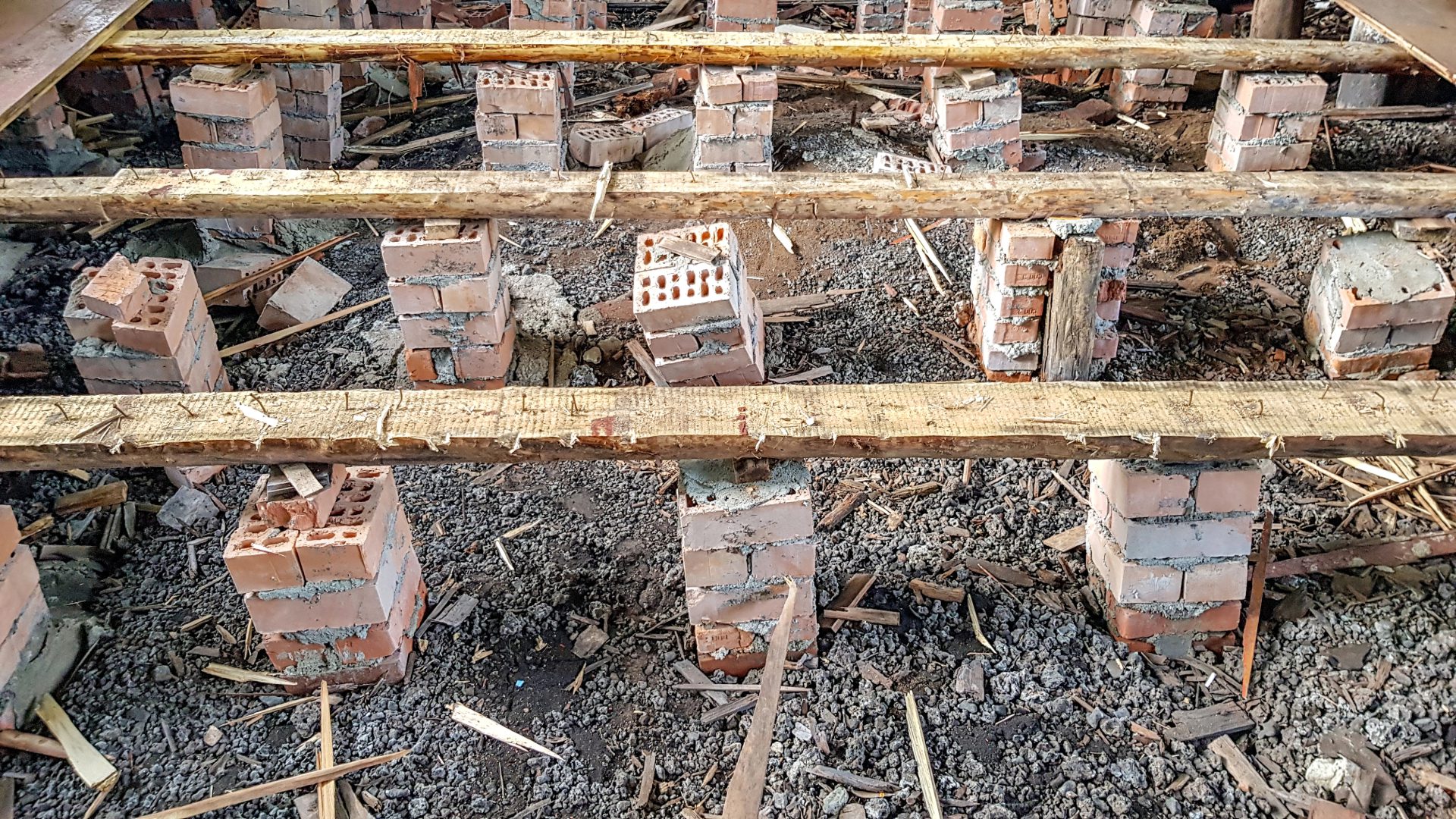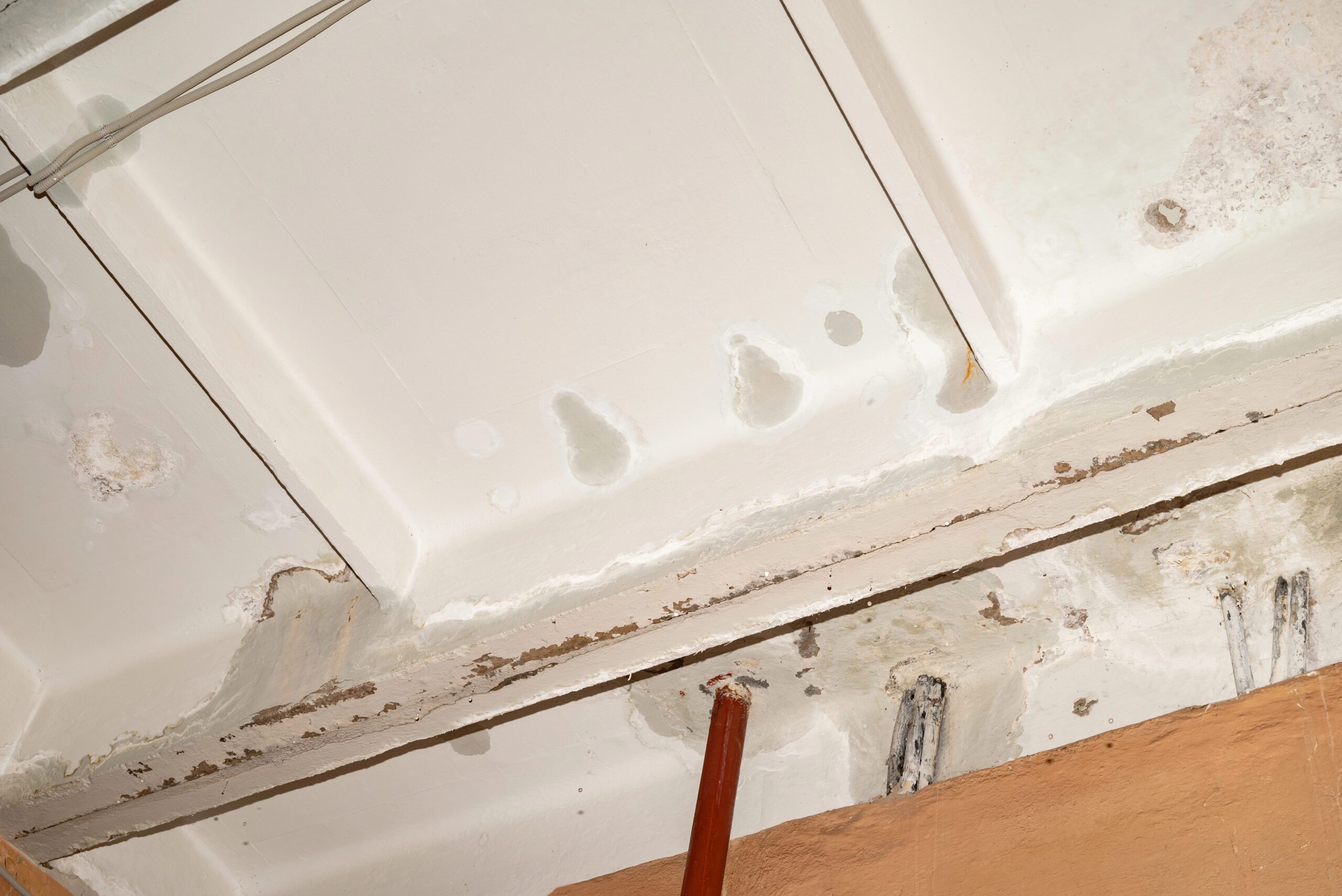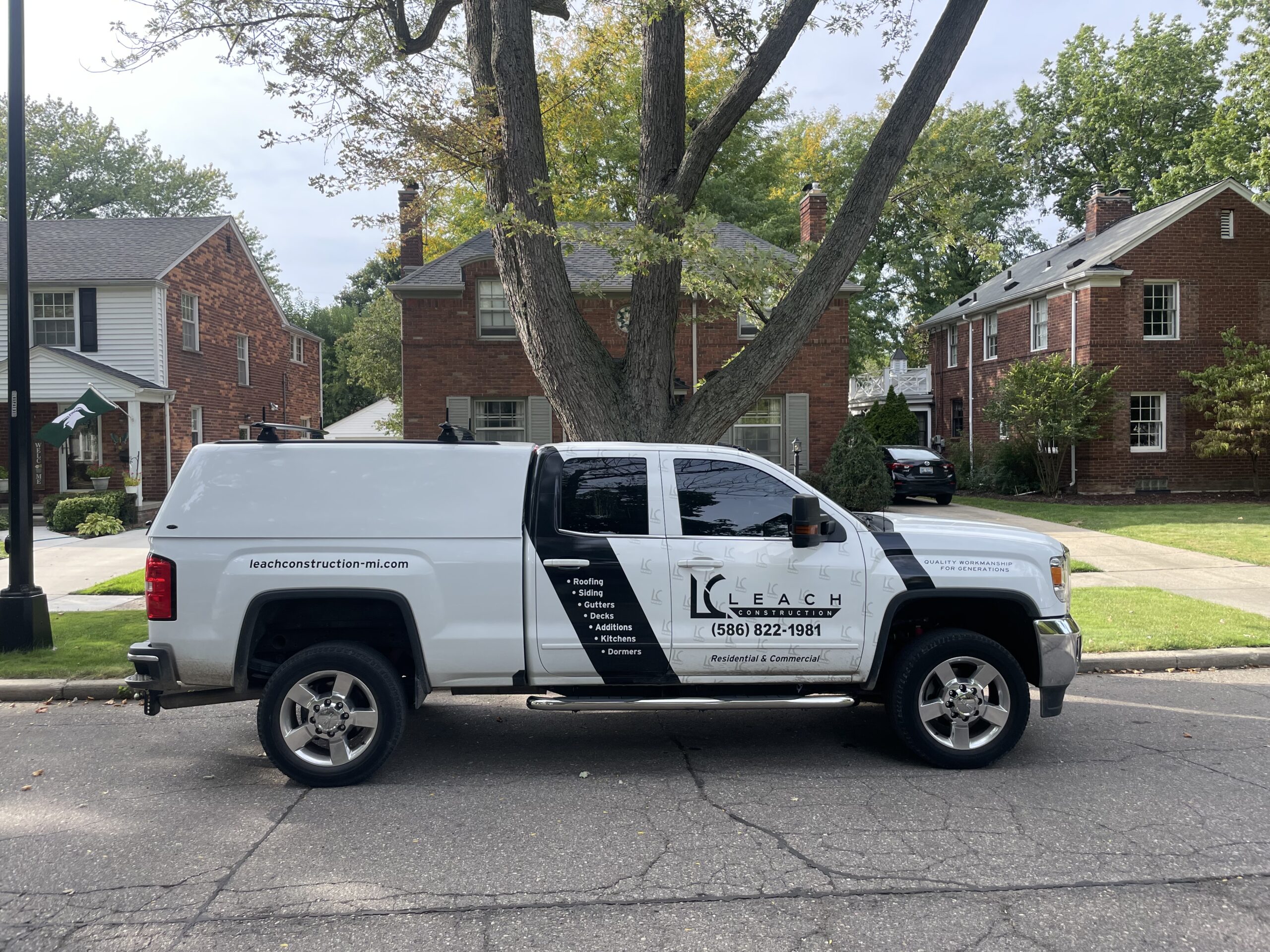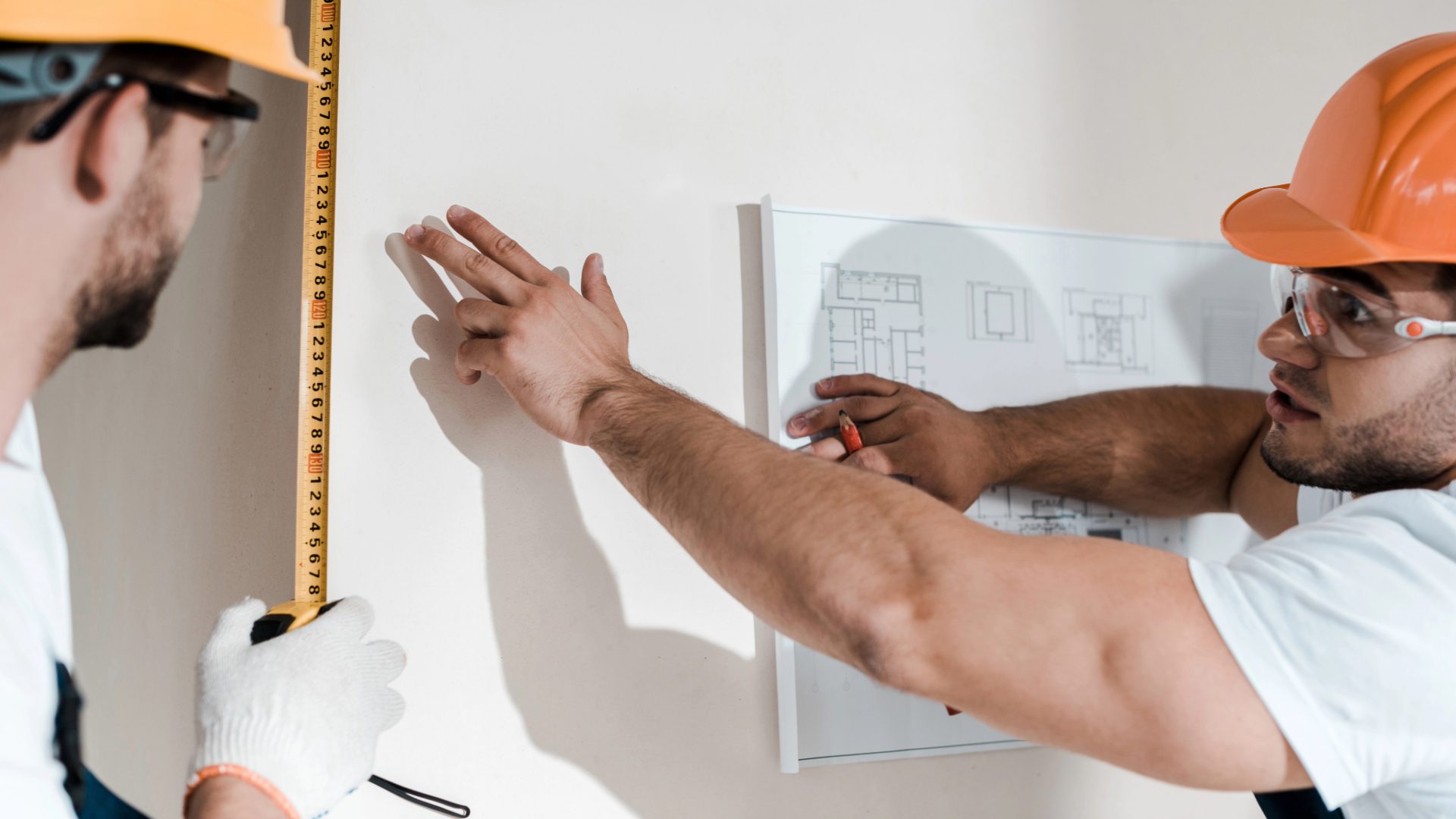🏠 Navigate the Maze: What Every Homeowner Should Know About Home Improvement Contractors
Have you ever found yourself staring at a leaking ceiling during a sudden downpour, frantically searching for “emergency roof repair” while positioning buckets across your living room? Maybe you’ve spent months dreaming about that perfect kitchen remodel, only to feel completely overwhelmed when it’s time to hire someone to make it happen.
You’re not alone. Finding the right professional for your project can feel like navigating a maze, but understanding what to look for makes the process much clearer.

🔍 The Difference Between Dreams and Nightmares: Proper Licensing
Have you ever heard someone say, “My contractor disappeared halfway through installing my new windows”? This is the home renovation horror story that keeps homeowners up at night.
What many don’t realize is that legitimate professionals must have proper licensing in most states. This isn’t just bureaucratic red tape – it’s your first line of defense against scammers and fly-by-night operations.
A licensed professional has met specific requirements set by your state or local government. They’ve submitted to background checks, proven their financial responsibility, and agreed to follow established business practices. Think of proper licensing as the difference between hiring that random person down the street who owns a hammer versus a professional who knows building codes inside and out.

🔧 What’s Covered Under “Home Improvement” Anyway?
“But I’m just putting in new porches, not building an addition!” you might think. Here’s the thing – most projects fall under regulations, even ones that seem relatively minor.
Home improvement typically covers work on your existing structure rather than new construction. This includes:
- Kitchen and bathroom remodeling
- Roofing and siding projects
- Garage conversions or additions
- Window and door replacements
- Landscaping (in some jurisdictions)
- Swimming pools and driveways
- Interior wall modifications
That sunroom you’ve been dreaming about? Definitely regulated. The designer kitchen with custom cabinets? Yep, that too. Even seemingly simple projects like building decks or installing new windows typically require professionals to follow specific regulations and obtain permits.

🔎 Finding a Properly Licensed Professional: Your Search Starts Here
Picture this: It’s the middle of January, your roof is leaking after heavy snowfall, and water is threatening to damage your ceiling and insulation. You need professional help ASAP, but how do you make sure you’re hiring someone legitimate?
Start by looking for established local companies that specialize in residential work. Professional home improvement contractors will be fully licensed and insured, and they’ll use specialized equipment to handle emergency repairs efficiently while protecting your property.
In Michigan specifically, any professional performing residential construction or remodeling projects valued at $600 or more must have a Residential Builder license or a Maintenance & Alteration license issued by the Department of Licensing and Regulatory Affairs (LARA). Legitimate Michigan professionals have completed 60 hours of required prelicensure education and passed a state examination.
Don’t be the person who brags about saving money hiring the “guy with a truck” to build your deck, only to have the city inspector show up and order the whole thing torn down. A quick search on your state’s licensing site can save you thousands in headaches later.
🚨 Red Flags That Should Send You Running
We’ve all been there: desperate to complete a project and tempted to overlook warning signs. But if someone says, “We don’t need permits” or “I can give you a discount if you pay cash upfront,” consider these the equivalent of sirens and flashing red lights.
Watch out for professionals who:
- Can’t provide a license number when asked
- Pressure you to sign contracts immediately
- Request full payment before work begins
- Refuse to obtain necessary permits
- Won’t provide written estimates
- Have no physical office or only a P.O. box
- Can’t provide references from past projects
Remember – if it sounds too good to be true, it probably is. That suspiciously low bid might seem attractive until you realize the home improvement contractors you trusted are cutting corners on materials or planning to disappear before completion.

✅ What Proper Licensing Really Tells You
When you verify licensing, you learn more than just legal status. You confirm that they’ve met minimum requirements to legally perform work.
Depending on your state, licensed professionals may have had to:
- Pass an examination on business practices and applicable building codes
- Provide proof of insurance and bonding
- Submit to background checks
- Demonstrate financial solvency
- Complete continuing education courses to renew their license
In Michigan, professionals must complete 60 hours of prelicensure education covering business management, estimating, job costing, contracts, building codes, and construction practices before they can even apply for a license. They must also keep their education current through continuing requirements.
This isn’t just bureaucratic hoops – it’s proof of professionalism and commitment to their craft. The professional who has gone through proper channels is more likely to understand and follow local building regulations, obtain required permits, and stand behind their work.

❓ Beyond Licensing: Questions Smart Homeowners Ask
So you’ve verified that your potential professional is properly licensed? Great start! But don’t stop there. Before signing any contracts or paying deposits, get answers to these essential questions:
- Who will actually be performing the work? Many use subcontractors, which isn’t necessarily bad, but you should know who will be in your home.
- Do you handle permits and inspections? A professional should manage this process, including scheduling necessary inspections throughout the project.
- What’s your typical payment schedule? Beware of anyone requesting full payment upfront. Standard practice requires reasonable deposits followed by payments tied to project milestones.
- What happens if we discover additional problems once work begins? Those beautiful old homes often hide surprises behind walls. An experienced professional will explain how change orders are handled.
- Will you provide a detailed contract specifying materials, timeline, and completion criteria? Without this, you have little recourse if things go wrong.
- Can you provide proof of insurance and bonding? This protects you if someone is injured on your property or if the work damages your home.
- How many years of experience do you have with this specific type of project? Experience with your particular project type matters more than general experience.
- Can you provide references from recent customers with similar projects? A reputable professional will gladly share contact information for satisfied customers.
A professional’s willingness to thoroughly answer these questions isn’t just about the information provided – it’s a strong indicator of how they’ll handle your project from start to finish.

🏗️ When You Might Need More Than One Professional
Some projects blur the line between contracting and design. If you’re planning significant structural changes or complex renovations, you might need additional professionals on your team.
For major remodeling or additions, consider whether you need:
- An architect to design the space and ensure structural integrity
- A designer to help with aesthetics and functionality
- A specialized engineer for complex systems like HVAC upgrades
While this means additional costs upfront, professional design services often prevent expensive mistakes during construction. Think of it as insurance against that sinking feeling when you realize your new layout doesn’t work as imagined.
⚖️ Your Rights When Things Go Wrong in Michigan
Even with careful planning and hiring, projects sometimes go sideways. Perhaps your roofing professional left the job unfinished during a Michigan winter, or your new garage addition has structural issues that don’t meet local building codes.
In Michigan, homeowners who hire licensed professionals have specific protections and resources. The Department of Licensing and Regulatory Affairs (LARA) oversees both the Residential Builders and Maintenance & Alteration Boards, which handle complaints against licensed professionals.
To protect yourself when a project goes wrong in Michigan:
- Document everything with dated photos and written communications
- File a formal complaint with LARA’s Bureau of Professional Licensing
- Contact the local building department that issued the permit if there are code compliance issues
- Check if your professional’s surety bond can cover damages or incomplete work
- Consider legal action for breach of contract or construction defects
Important: Licensed builders in Michigan offer two key protection programs: the Homeowner Construction Lien Recovery Fund and the Builder Enforcement Fund (providing up to $5,000 in compensation for regulation violations). Both programs only apply when you’ve hired properly licensed professionals.
💡 The Bottom Line: Peace of Mind Is Worth the Extra Steps
Checking licensing, verifying references, and creating detailed contracts takes time, but so does dealing with a renovation gone wrong. When you’re investing thousands in your home, these precautions aren’t just formalities – they’re essential safeguards for your most valuable asset.
The difference between saying “I love my new kitchen” and “I should have checked their references” often comes down to those initial verification steps. Wouldn’t you rather be the homeowner showing off their beautiful renovation than the one warning friends about contractor nightmares?
Your home deserves the best care possible. Make sure those providing that care have met the professional standards designed to protect you.

🤝 Ready to Start Your Project with Confidence?
Don’t let concerns about finding the right professional keep you stuck in the planning phase. At Leach Construction, we’ve been proudly serving Metro Detroit homeowners with fully licensed, professional services since 1965.
From roofing and siding to custom decks and interior remodels, our team brings three generations of Michigan construction expertise to every project. We understand that home improvement contractors should be partners you can trust, not sources of stress.
Want to discuss your next project? Contact Leach Construction for a free consultation. Anyone can swing a hammer, but we believe your home deserves craftsmen who care as much about your property as you do.

